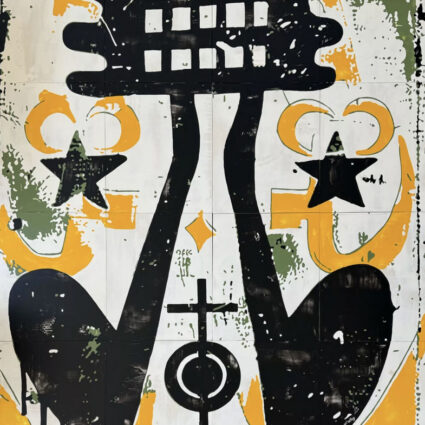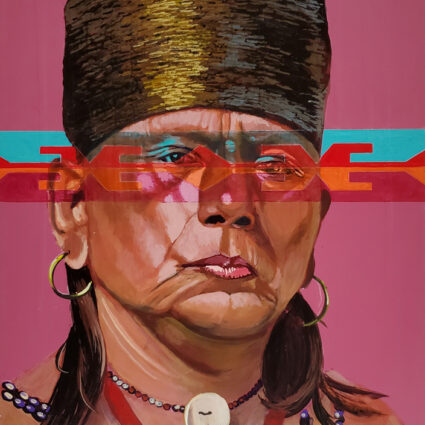
Name: Paula Angel
Born: Las Vegas, NM
died: Las Vegas, NM
Role: Convicted of murdering her lover
Sentence: Death by hanging
Did you know that in New Mexico, women were not allowed to serve on a jury prior to March 14, 1951? For all the accomplishments of New Mexico’s women throughout history—activists, writers, entrepreneurs, artists—the territorial and later the state governments failed to treat them as full citizens until the 1950s.
Ninety years before women were provided juries of their peers in New Mexico, Paula Angel, a nineteen- or twenty-year-old woman, was charged with the murder of her lover, Miguel Martin, in Las Vegas. She pleaded not guilty. The details of the murder are murky. Angel, who came from an important Las Vegas family, was unmarried and romantically involved with young Martin, who came from a high-ranking, powerful family in Santa Fe. Theirs was a difficult relationship, and Angel “accused [him] of mistreating her and of being unfaithful,” writes Judge M. Christina Armijo, who unearthed the case documents in 2012. Martin tried to break things off, and Angel allegedly lured him to a final encounter. “As they embraced, she took a knife from underneath her shawl and stabbed him to death.” A jury of twelve men convicted her of first-degree murder and sentenced her to death by hanging, the conventional execution practice of the time.
Two women were summoned as witnesses on behalf of the defendant, but case records indicate that they were subpoenaed after the conviction. It remains unclear if either’s testimony was a part of the trial, but even if it were, women witnesses had a high bar for being considered credible: presiding Judge Kirby Benedict’s instructions to the all-male jury state that a “woman who is a witness is as much entitled to be believed when she testifies under oath as is a man when she is not contradicted by other testimony in the case and when her reputation for truth and veracity is not impeached by other witnesses on the trial” (emphasis mine). What don’t we know about this story? What did those two female witnesses want to say on Angel’s behalf, and would they have been believed? Could she have been acting in self-defense?
For newspapers and historians to suggest that Angel was the “only” woman hanged is to ignore this long history of violence.
Her hanging was to take place at a cottonwood tree within one mile of the church at the center of Las Vegas, between 10 am and 4 pm. At the time of Angel’s conviction, New Mexico did not grant an automatic stay of execution pending appeal, and though her lawyer, Spruce McCoy Baird, tried to appeal her case, she was hanged a month after her conviction. Judge Benedict was an infamous drunk appointed by President Lincoln. When individuals reached out to the president to seek the judge’s removal soon after Angel’s trial, Lincoln replied, “Well, gentlemen, I know Benedict. We have been friends for over thirty years. He may imbibe to excess, but Benedict drunk knows more law than all the others on the bench in New Mexico sober. I shall not disturb him.” Angel’s lawyer, Baird, was a Confederate sympathizer busy actively recruiting New Mexicans to the Confederate army.
Frequently referred to as the “only” woman hanged in New Mexico, Angel’s death occurred in the spring of 1861, as the Civil War began. New Mexico was not exempt from the impacts of the war—Confederate forces took over Santa Fe in 1862. (In Santa Fe, these confederates were generally known as “Texans” or “Texas Rangers.”) This period was rife with lynchings all across the U.S., and in New Mexico, hundreds of people were lynched—typically people of color, including women. For newspapers and historians to suggest that Angel was the “only” woman hanged is to ignore this long history of violence. The story of her crime and her death did not appear in newspapers or records at the time, suggesting that attention was focused elsewhere—on the war and the encroaching Confederate forces, most likely. Nine months after her death, the legislature of New Mexico territory enacted new laws that “provided for an automatic stay of execution in murder cases pending appeal,” which might have saved Angel.



